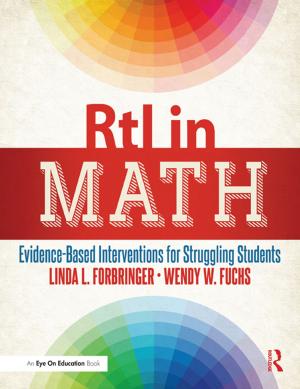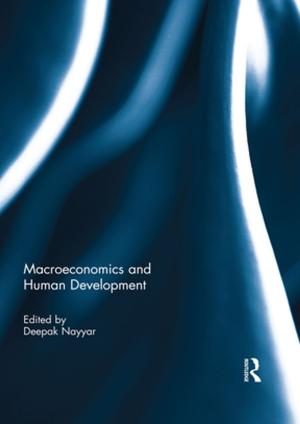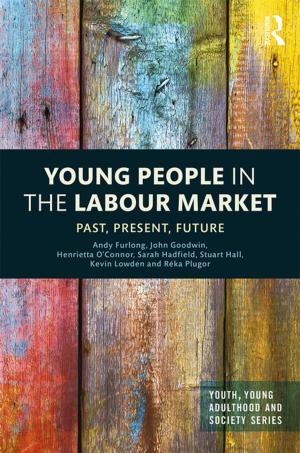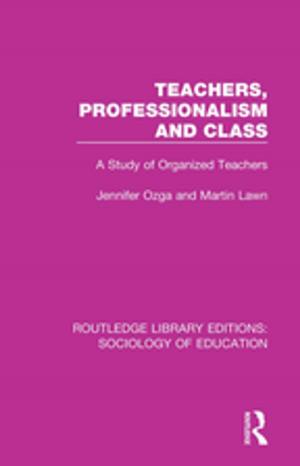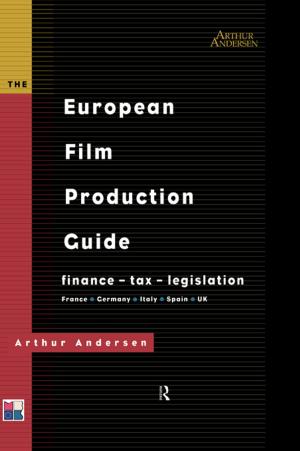Practical Reasoning and Ethical Decision
Nonfiction, Religion & Spirituality, Philosophy, Ethics & Moral Philosophy, Health & Well Being, Psychology| Author: | Robert Audi | ISBN: | 9781134219209 |
| Publisher: | Taylor and Francis | Publication: | March 20, 2006 |
| Imprint: | Routledge | Language: | English |
| Author: | Robert Audi |
| ISBN: | 9781134219209 |
| Publisher: | Taylor and Francis |
| Publication: | March 20, 2006 |
| Imprint: | Routledge |
| Language: | English |
Presenting the most comprehensive and lucid account of the topic currently available, Robert Audi's "Practical Reasoning and Ethical Decision" is essential reading for anyone interested in the role of reason in ethics or the nature of human action. The first part of the book is a detailed critical overview of the influential theories of practical reasoning found in Aristotle, Hume and Kant, whilst the second part examines practical reasoning in the light of important topics in moral psychology - weakness of will, self-deception, rationalization and others. In the third part, Audi describes the role of moral principles in practical reasoning and clarifies the way practical reasoning underlies ethical decisions. He formulates a comprehensive set of concrete ethical principles, explains how they apply to reasoning about what to do, and shows how practical reasoning guides moral conduct.
Presenting the most comprehensive and lucid account of the topic currently available, Robert Audi's "Practical Reasoning and Ethical Decision" is essential reading for anyone interested in the role of reason in ethics or the nature of human action. The first part of the book is a detailed critical overview of the influential theories of practical reasoning found in Aristotle, Hume and Kant, whilst the second part examines practical reasoning in the light of important topics in moral psychology - weakness of will, self-deception, rationalization and others. In the third part, Audi describes the role of moral principles in practical reasoning and clarifies the way practical reasoning underlies ethical decisions. He formulates a comprehensive set of concrete ethical principles, explains how they apply to reasoning about what to do, and shows how practical reasoning guides moral conduct.





